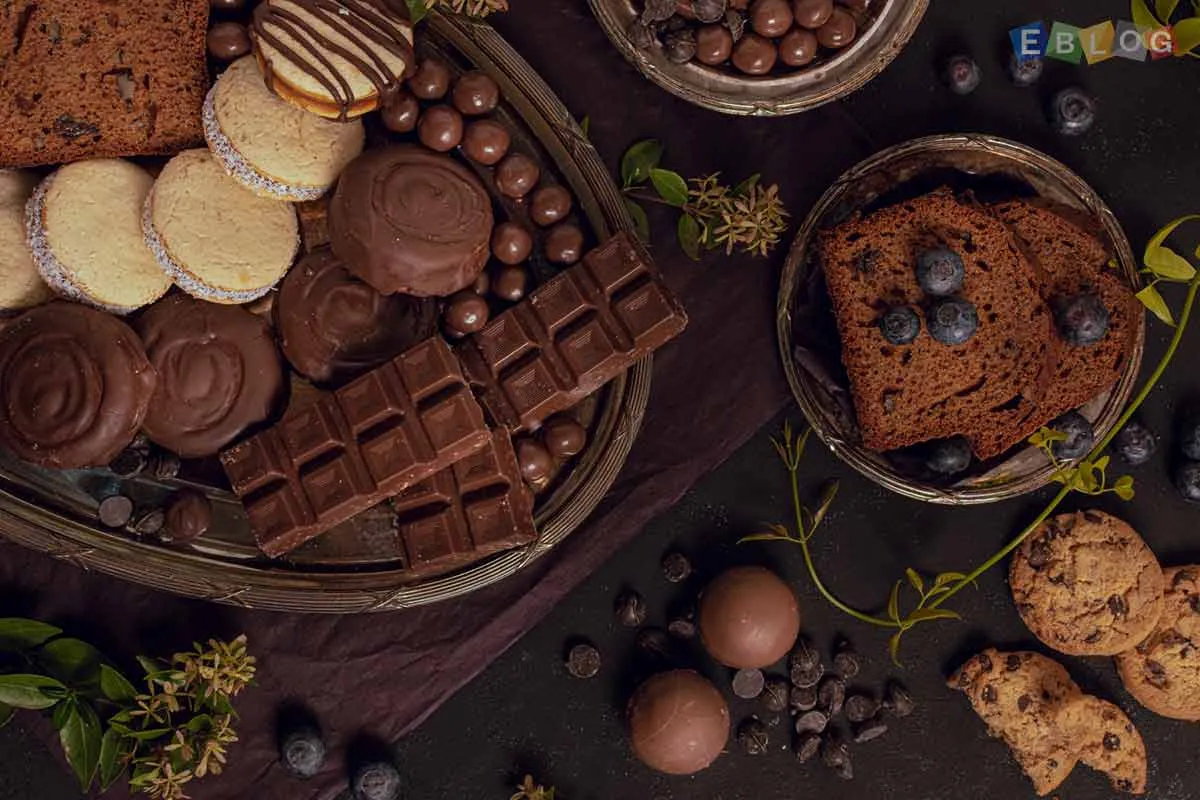
The History of Chocolate
- 31 Jul, 2025
- Food
- 361 Views
- 0 Comments
Chocolate is a treat that brings joy to millions around the world — in candy bars, hot cocoa, gourmet desserts, and even skincare products. But have you ever wondered where it all began? The history of chocolate is rich, fascinating, and spans thousands of years, evolving from a sacred drink in ancient civilizations to the creamy delight we enjoy today.
1. Ancient Beginnings: The Birthplace of Chocolate
The story of chocolate starts in Mesoamerica, where the Olmecs, one of the earliest civilizations in Latin America (around 1500 BCE), were likely the first to cultivate and consume cacao. They revered the cacao bean and may have used it in religious rituals and medicinal practices.
Later, the Maya and Aztecs adopted cacao and elevated it to a central cultural and spiritual role. For the Maya, cacao was known as the "food of the gods," often prepared as a bitter drink mixed with spices like chili and consumed during ceremonies. The Aztecs valued cacao beans so highly that they used them as currency and reserved chocolate beverages for nobility, warriors, and priests.
2. Chocolate Meets Europe: A New Flavor Emerges
When Hernán Cortés and the Spanish conquistadors arrived in the Americas in the early 1500s, they encountered cacao and brought it back to Europe. At first, Europeans were unimpressed by the bitter drink, but once sugar, vanilla, and cinnamon were added, chocolate quickly became a popular luxury among the aristocracy.
By the 17th century, chocolate houses, similar to coffee shops, began appearing in cities such as London and Paris. Still served as a beverage, chocolate remained an elite indulgence due to the high cost of ingredients and labor.
3. The Industrial Revolution: Chocolate for the Masses
The 19th century transformed chocolate forever. With the Industrial Revolution, new technologies made it possible to mass-produce chocolate and make it affordable for the general public. Key innovations included:
a. 1828: Dutch chemist Coenraad van Houten invented a method to extract cacao butter from beans, creating cocoa powder.
b. 1847: British chocolatier Joseph Fry produced the first modern solid chocolate bar by mixing cocoa butter back into the powder.
c. 1875: Swiss chocolatier Daniel Peter added milk powder to create the first milk chocolate.
d. 1879: Rodolphe Lindt invented the conching process, which gave chocolate its smooth texture.
These breakthroughs made chocolate more versatile, affordable, and appealing to a wider audience.
4. Chocolate Today: Global Delight, Ethical Challenges
Today, chocolate is a multi-billion-dollar global industry with countless variations — dark, milk, white, filled, raw, artisanal, and even vegan. While the joy of chocolate is universal, the industry also faces serious ethical challenges, including child labor, deforestation, and fair trade issues, particularly in cacao-producing countries like the Ivory Coast and Ghana.
Consumers and companies are becoming increasingly aware of these problems, leading to more initiatives focused on sustainability, fair wages, and eco-friendly production.
5. A Treat That Transcends Time
From sacred rituals in ancient temples to birthday cakes and Valentine's Day gifts, chocolate has evolved through time and culture, uniting people across the globe. Its journey from bitter brew to sweet sensation is a testament to human ingenuity, trade, and taste.
So the next time you enjoy a piece of chocolate, take a moment to savor not just its flavor — but its extraordinary history.


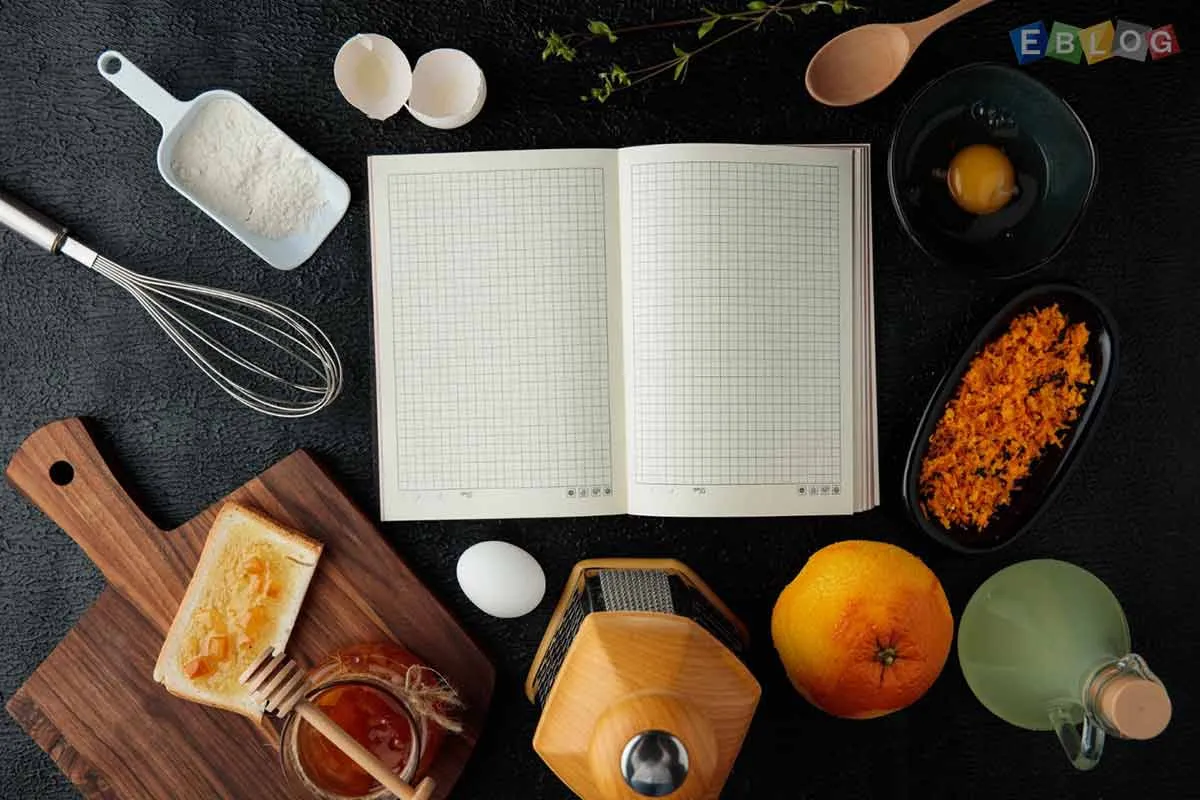
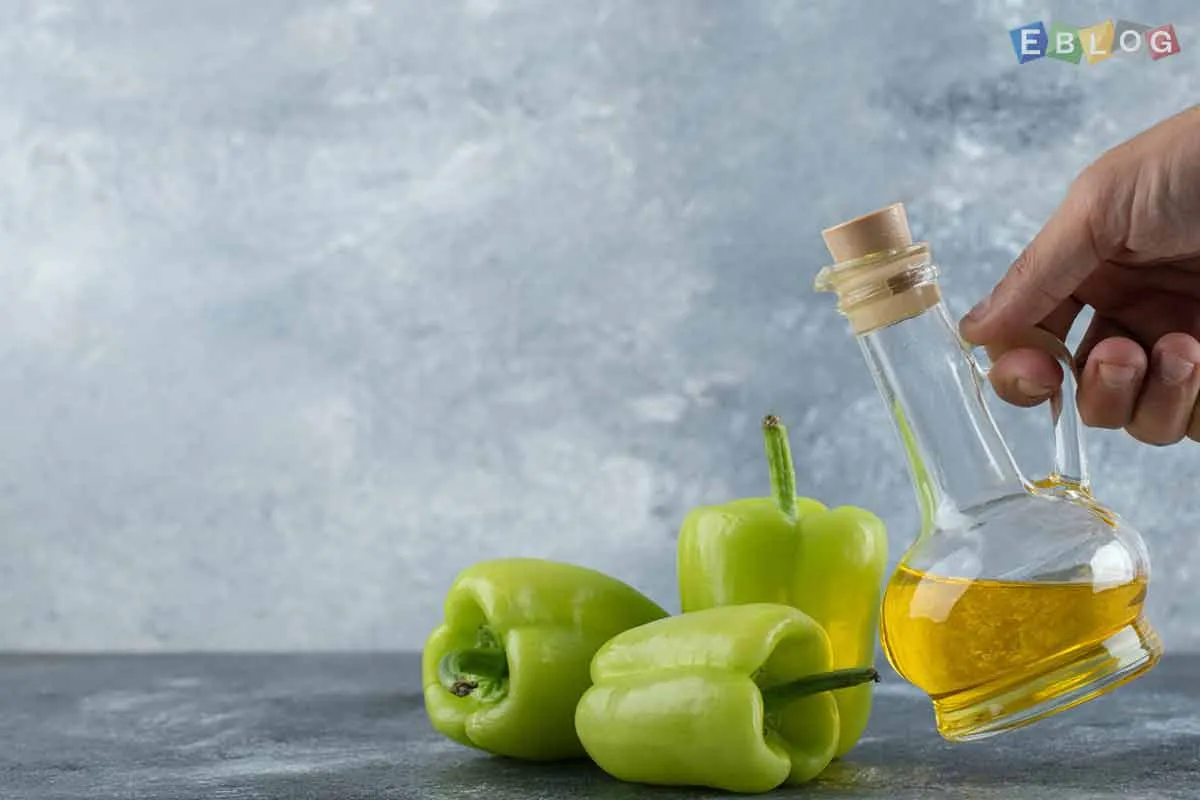


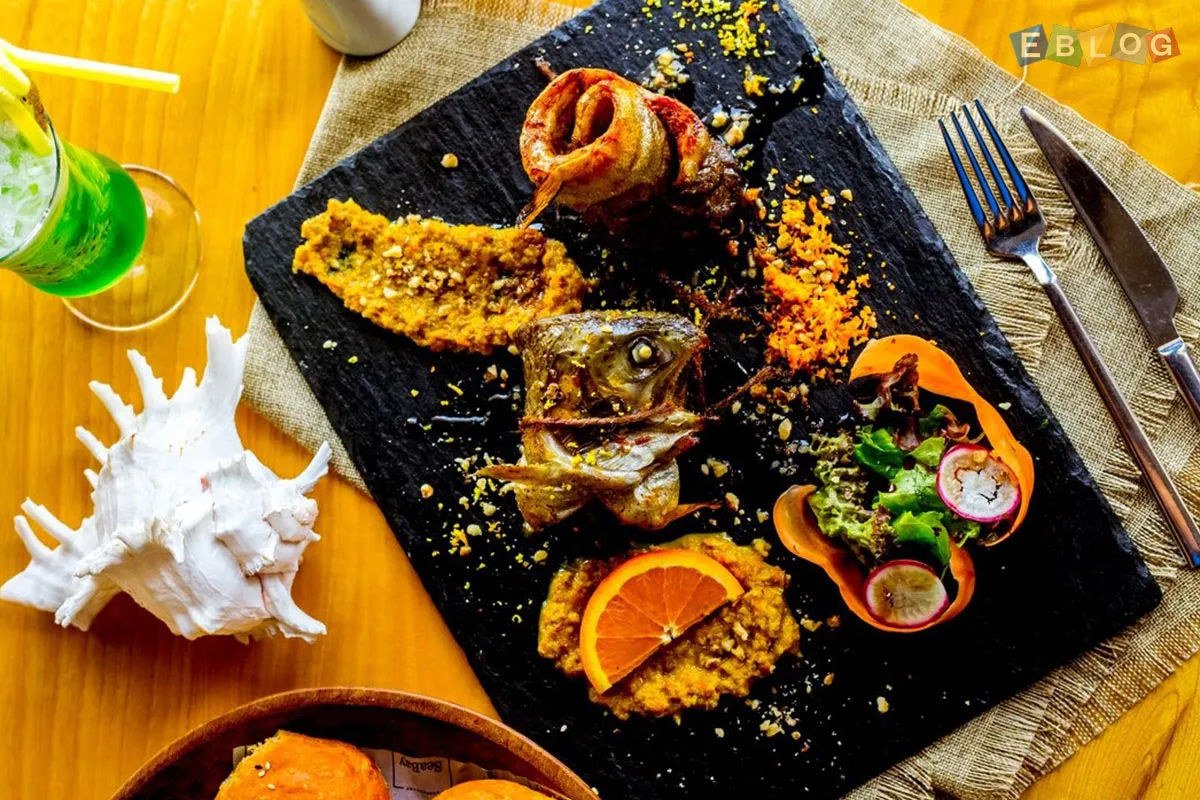

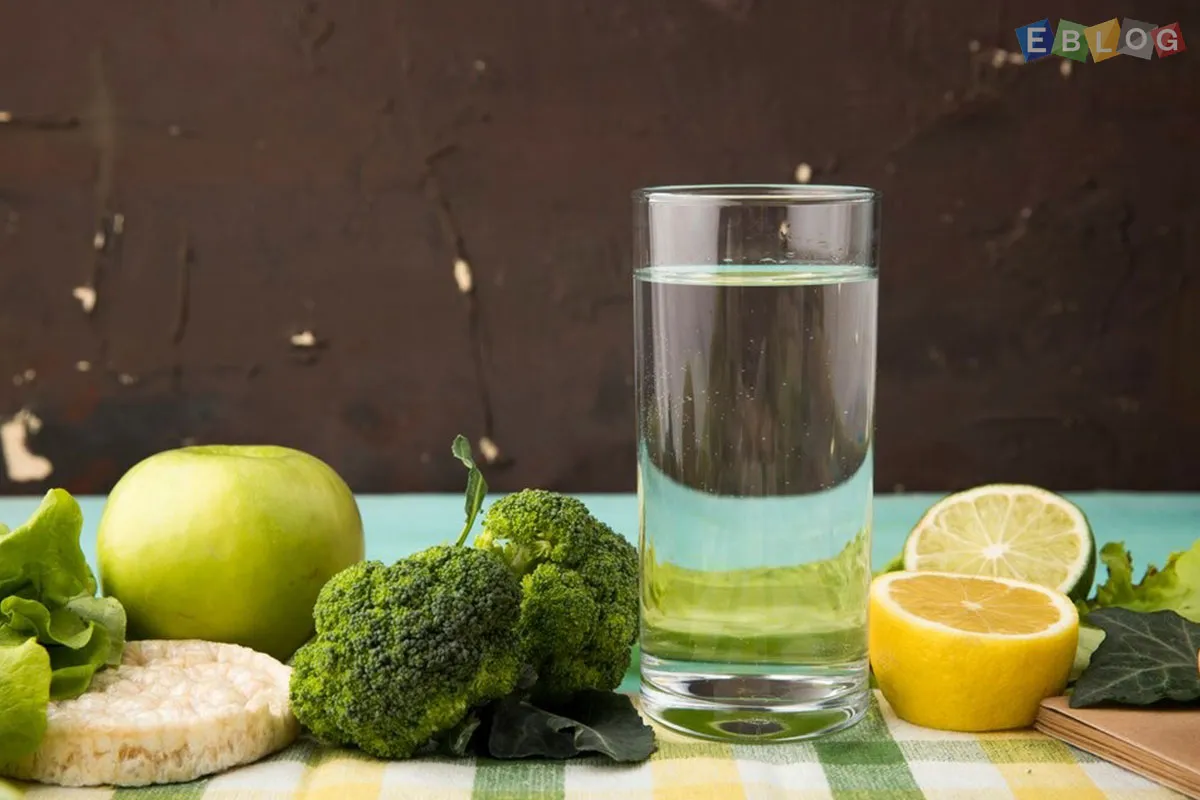
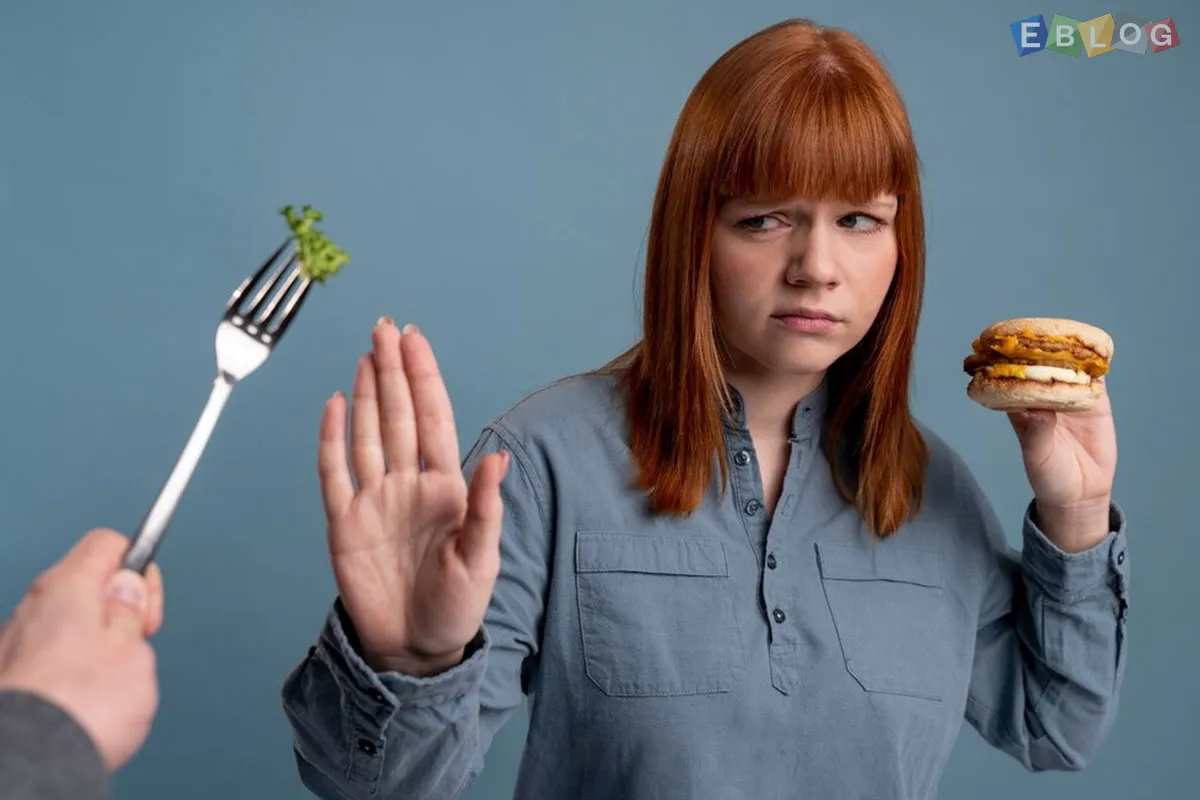

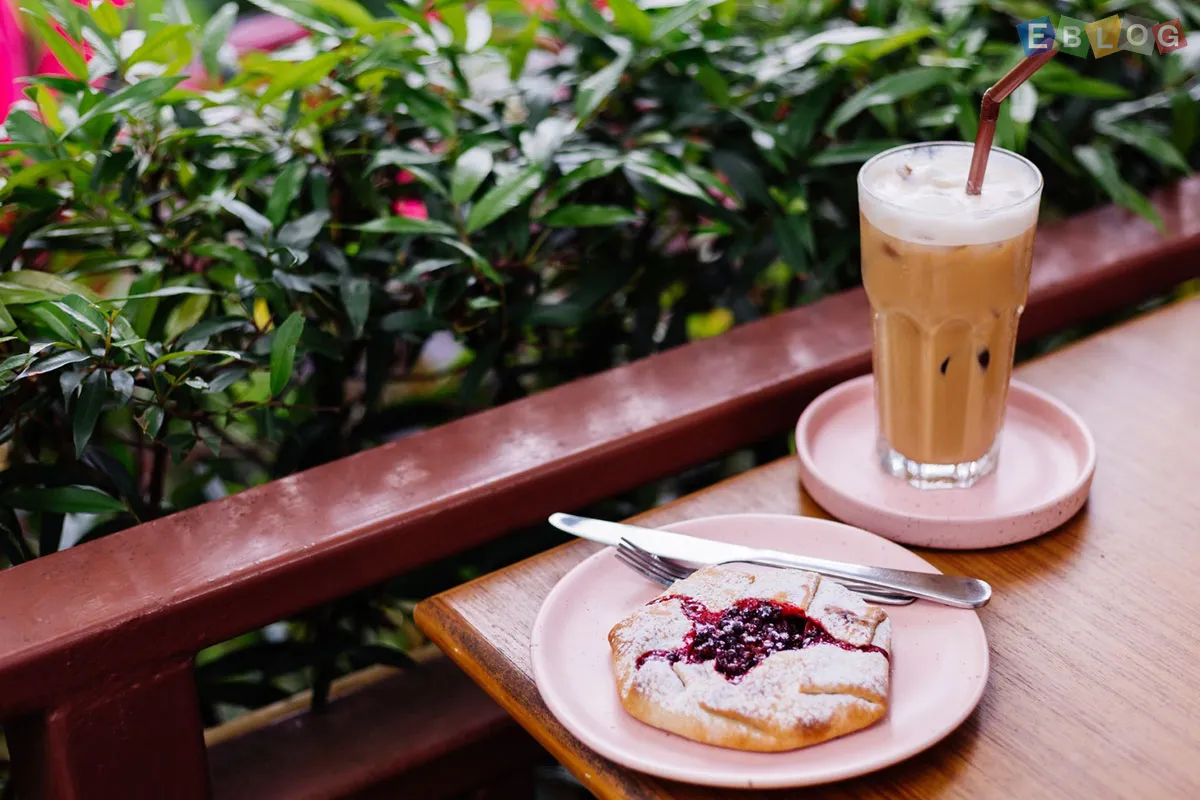
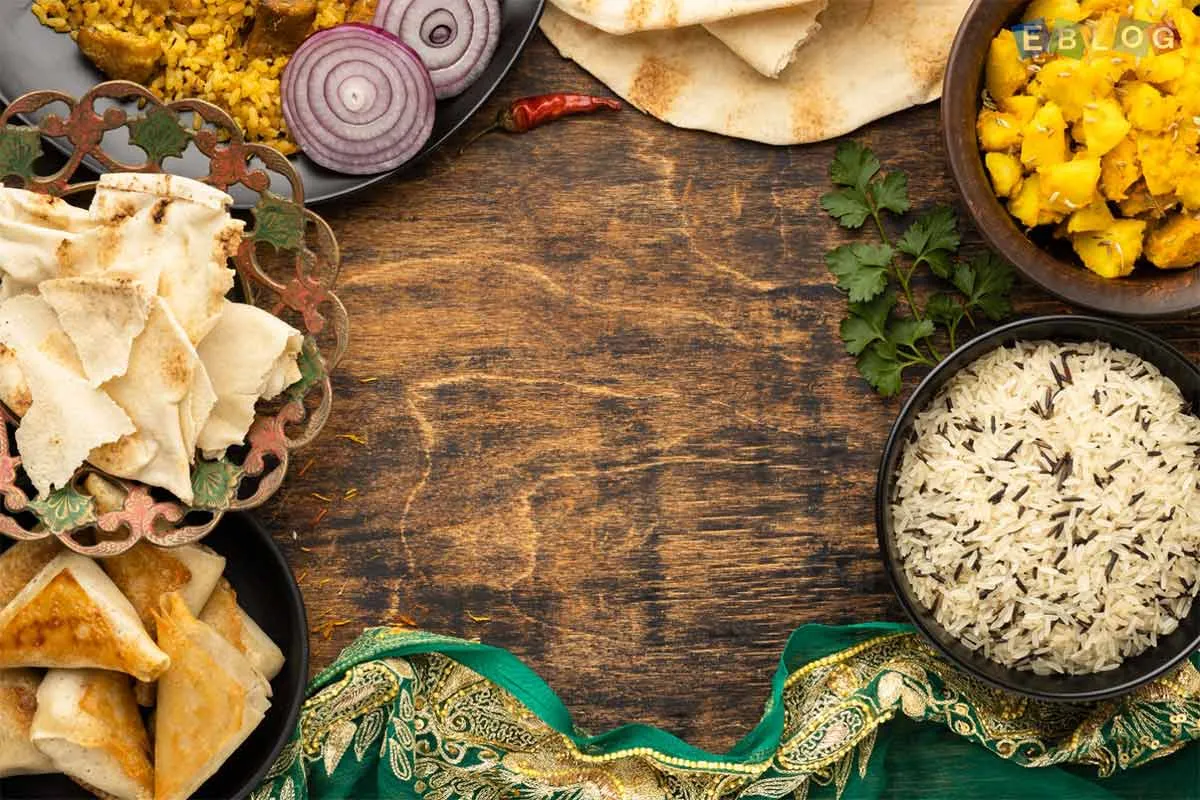


Leave a Reply